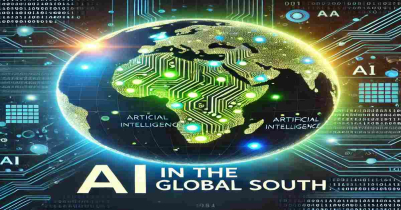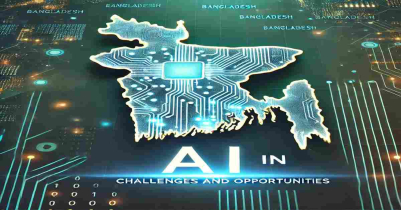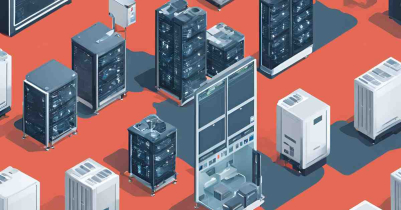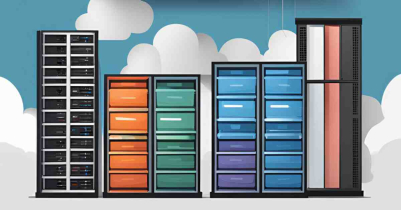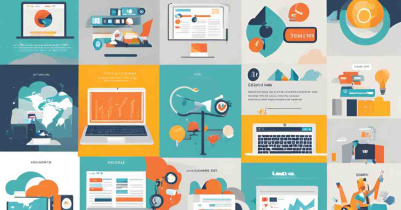Eye News Desk
Technology Modernization Requires Cultural Change

The utility industry is undergoing a rapid transformation due to technological change and the need to modernize infrastructure both on the information technology (IT) and operational technology (OT) sides of the business. The introduction of some of these technologies can enable utilities to not only operate efficiently but to better serve the needs of customers and employees.
Increased technological changes are changing how work gets done and, in doing so, will require cultural shifts—changes in how people think about, approach and perform work.
The introduction of these technologies is enabling utilities to operate more efficiently and effectively than ever before. At NiSource, we are no different. We are on our own journey focused on modernizing our IT and OT environments to transform how we standardize and perform work. This includes the use of smart grid technologies, advanced metering infrastructure (AMI) and geospatial data analytics.
Technology advances are changing the way utilities manage their operations. These advances are helping enable utilities to gain insights into their operations and better manage their resources. These technologies can now be used to help detect and address power outages, reduce energy waste and optimize the performance of internal systems.
For example, we've developed a renewables performance capability to help to improve the management of our renewable assets. This helps ensure optimal power generation and asset life. Some of these innovations include data analytics associated with vibration monitoring, monitoring fluid levels and generation output. Monitoring these, coupled with other telemetry data, can help us proactively mitigate issues before they occur and can help extend asset life. Aggregating and analyzing this data helps us put it to operational use rather than having it sit stagnantly.
The use of renewable energy sources is transforming the utility industry as well. Natural gas plays a key role in helping achieve decarbonization goals. As utilities today develop and implement new, lower-carbon energy technologies, natural gas continues to serve as a plentiful and reliable source of energy. The use of renewable energy sources is also helping to reduce emissions and promote sustainability.
We've previously outlined certain sustainability initiatives that include a net-zero goal, a reduction in emissions and the retirement of coal electric generating capacity. To help achieve these sustainability initiatives, we are employing smart grids, which are computerized networks that allow us to monitor and control energy usage and distribution. Smart grids enable us to monitor and manage energy usage in real time, which helps to reduce energy waste and increase energy efficiency. In addition, smart grids can help aid customers in optimizing energy usage and better managing costs.
AMI can also change the way utilities operate by enabling them to monitor and manage energy usage in real time, which can help to reduce energy waste and increase efficiency. For us, specifically, this technology will help us proactively navigate and better manage service disruptions and even mitigate risks before they occur—with an emphasis on prevention rather than reaction.
Technology has opened a world of possibilities—and with that, the opportunity for cultural change. The world around us is changing faster than ever before. New technologies are emerging every day, and our lives are becoming more connected than ever before. We need to be prepared for this change and embrace it to remain relevant. However, this also means that we need to think differently about how we approach work and the organizational culture that we create. We need to be open to new ideas, explore new opportunities and be willing to take calculated risks.
As leaders in this new world, we must create and sustain an environment that encourages creativity and innovation. We are supporting this by being intentional in how we hire, recruit and retain diverse talent. We are also focusing on how we partner with our customers, communities, workforce and suppliers by ensuring we behave in a manner that demonstrates mutual respect—valuing and accepting our differences. By behaving in this way (i.e., culture), we can help create an organization that is prepared for the future and ready to tackle the challenges that tomorrow may bring.
Read More
- 32 megapixel camera new phone Tecno Spark 10 Pro
- Google Bard now in Bangladesh
- Samsung Galaxy A54 5G: A perfect price fit!
- Tottering from Twitter to Threads
- Elon Musk`s SpaceX hires 14-year-old Bangladeshi-American Kairan
- Refreshing only increases the speed of the computer?
- Twitter lost a huge number of subscribers
- boAt products now officially available in Bangladesh
- The Godfather of AI quits Google; warns of impending danger
- 4 websites to track Cyclone Mocha in real-time





